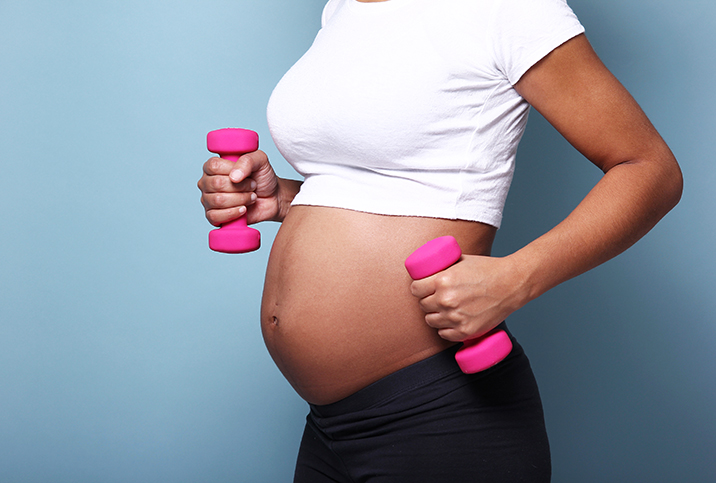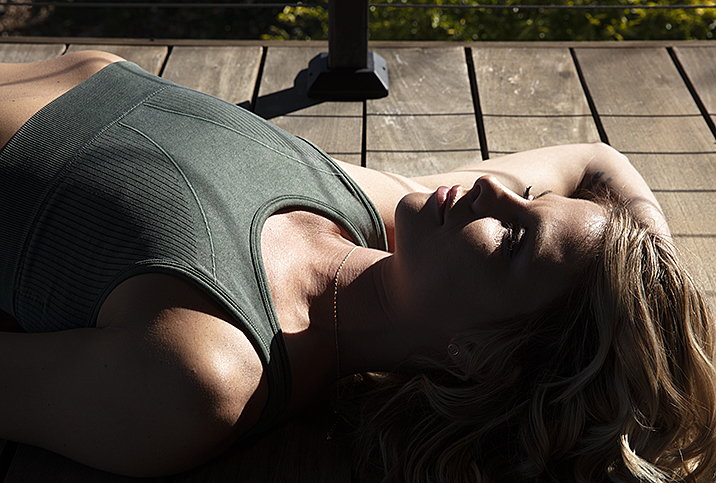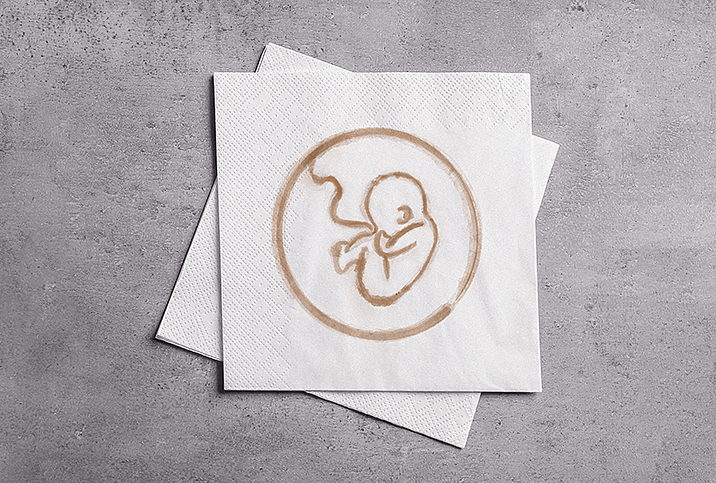Avoid These Workouts During Pregnancy

For most women, working out during pregnancy offers a variety of benefits. An active pregnancy can aid with better sleep, promote healthy weight gain, ward off gestational diabetes, boost your mood, and reduce the aches and pains of pregnancy.
But not all exercise is created equal, at least for a pregnant woman.
Exercise don'ts
When you're pregnant, there are some activities that are best to avoid. Consider eliminating the activities listed here:
- Contact sports such as volleyball, basketball, football or baseball
- Any exercise where there is a risk of falling, such as mountain biking, gymnastics, horseback riding, rock climbing, skiing or surfing
- High-impact workouts, such as intense tennis matches or aerobic exercises that involve jumping or changing direction quickly
- Hot yoga or hot Pilates classes
- Scuba diving, skydiving or hiking at high altitudes
You should also avoid exercises where you could become overheated or are required to lie flat on your back. Full sit-ups, double leg raises, deep knee bends, jumping, bouncing and straight-leg toe touches are not recommended, especially as you get further along in pregnancy.
In addition, when you're working out in warm weather, take extra precautions to stay hydrated, such as frequent water breaks.
If you're exercising on the floor, get up slowly to prevent dizziness. Circulatory changes during pregnancy can cause dizziness if a woman goes from sitting or lying down to upright too quickly. Your center of gravity shifts when you're pregnant, so be mindful to maintain balance at all times when working out. Pregnancy also results in loose joints, so if your knees ache from jogging or you experience significant pain in any part of your body, take it easy and reevaluate your exercise approach with your doctor.
Exercise do's
Everyone's situation is different, so it's always smart to discuss any exercise plans with your doctor, especially if you're introducing something new. It is not the time to start any rigorous exercise program.
In general, most OB-GYNs advise swimming, walking, stationary cycling and prenatal yoga as safe exercise options. Finding an exercise class geared toward pregnant women is a wonderful opportunity to meet other expectant moms in your area.
If you were an avid runner before you got pregnant, you might be able to continue your previous level of physical activity up until the time you deliver. However, conditions can change quickly from day to day during pregnancy. Based on how your baby is developing and any risks or complications you're experiencing, it's always helpful to have an open dialogue about exercise with your doctor as your pregnancy progresses. Most physicians recommend decreasing the intensity of exercise, particularly in the third trimester.
Warning signs
Stop working out immediately if you feel dizziness, faintness, nausea, shortness of breath or chest pain. Report any vaginal blood or fluid leakage to your doctor right away. If you begin to feel contractions when exercising, it's best to take the intensity down a few notches. You should definitely not think of exercising after your water has broken.
Don't be too hard on yourself if you're not as active during pregnancy as you'd like. Even healthy and active expectant mothers may need to slow down. Pregnancy is a temporary state, and you can always ramp up workouts once you've healed from giving birth. Don't push yourself too hard and try not to compare yourself to others. Your main priority should be avoiding injury and keeping your baby safe until you've been cleared to be active again.

















